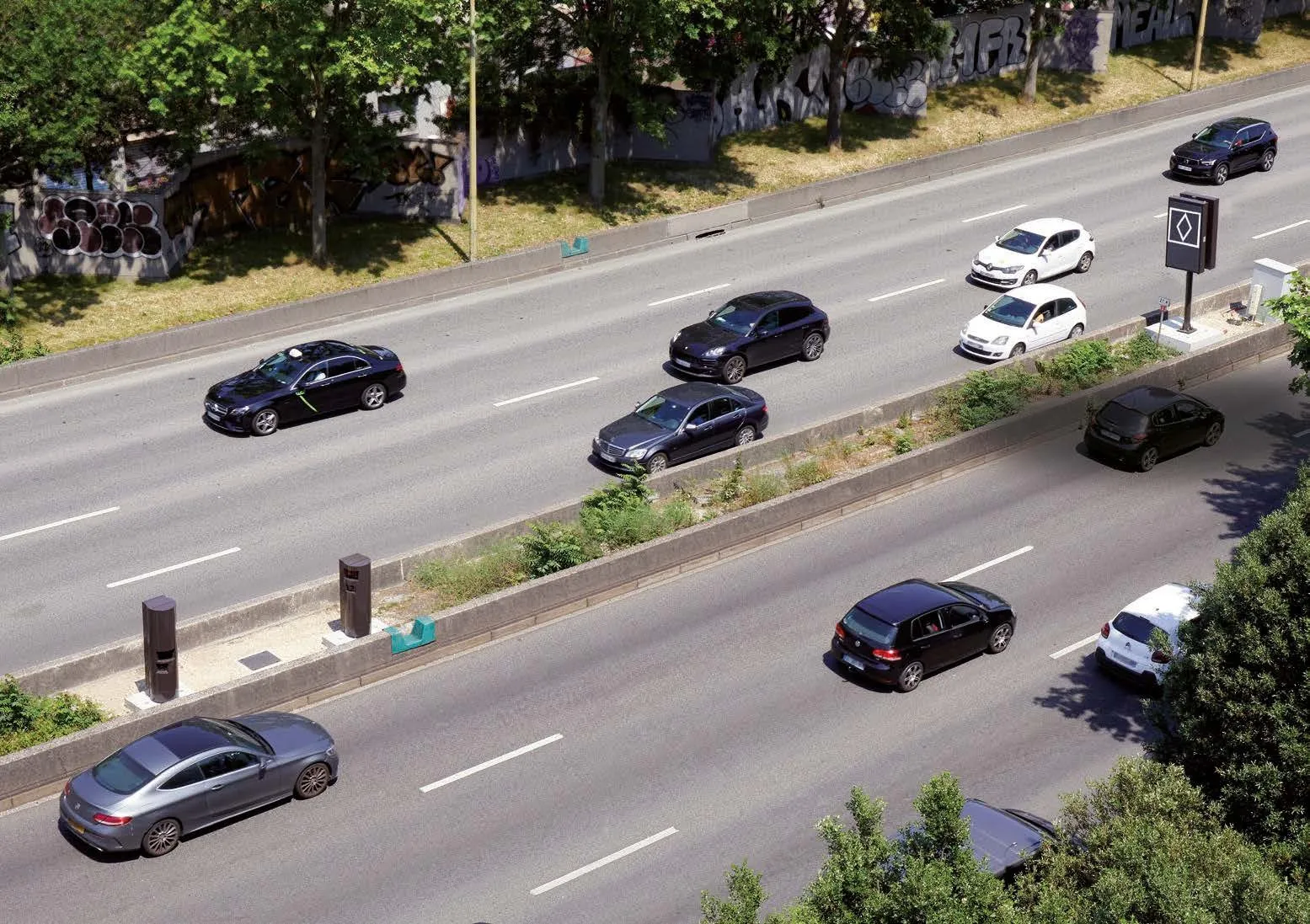UK company Smart Parking Technology has begun the installation of 225 RFID-equipped SmartEye vehicle detection sensors, linked via SmartLink data transmitters, in some of Cardiff’s central parking hotspots.
The company’s SmartPark system is intended to make it easier for drivers in the city to find a parking space, enabling them to make better informed decisions about their parking location and seek parking in less occupied streets close to their desired destination.
Drivers will also soon be able to
June 18, 2015
Read time: 2 mins
UK company 8034 Smart Parking Technology has begun the installation of 225 RFID-equipped SmartEye vehicle detection sensors, linked via SmartLink data transmitters, in some of Cardiff’s central parking hotspots.
The company’s SmartPark system is intended to make it easier for drivers in the city to find a parking space, enabling them to make better informed decisions about their parking location and seek parking in less occupied streets close to their desired destination.
Drivers will also soon be able to download SmartApp, a dedicated mobile application via their iPhone or Android device to view a current picture of parking spaces near to them. They are then guided to the nearest unoccupied bay. Once parked, the application can also be configured to direct them to pay for parking via an authority’s chosen remote payment solution.
Smart Parking’s SmartRep software collates and analyses live information on how parking space is being used. Accurate vehicle-by-vehicle, minute-by-minute data on actual usage of the city’s facilities gives the council the leading edge in day-to-day management and future planning.
The company’s SmartPark system is intended to make it easier for drivers in the city to find a parking space, enabling them to make better informed decisions about their parking location and seek parking in less occupied streets close to their desired destination.
Drivers will also soon be able to download SmartApp, a dedicated mobile application via their iPhone or Android device to view a current picture of parking spaces near to them. They are then guided to the nearest unoccupied bay. Once parked, the application can also be configured to direct them to pay for parking via an authority’s chosen remote payment solution.
Smart Parking’s SmartRep software collates and analyses live information on how parking space is being used. Accurate vehicle-by-vehicle, minute-by-minute data on actual usage of the city’s facilities gives the council the leading edge in day-to-day management and future planning.










